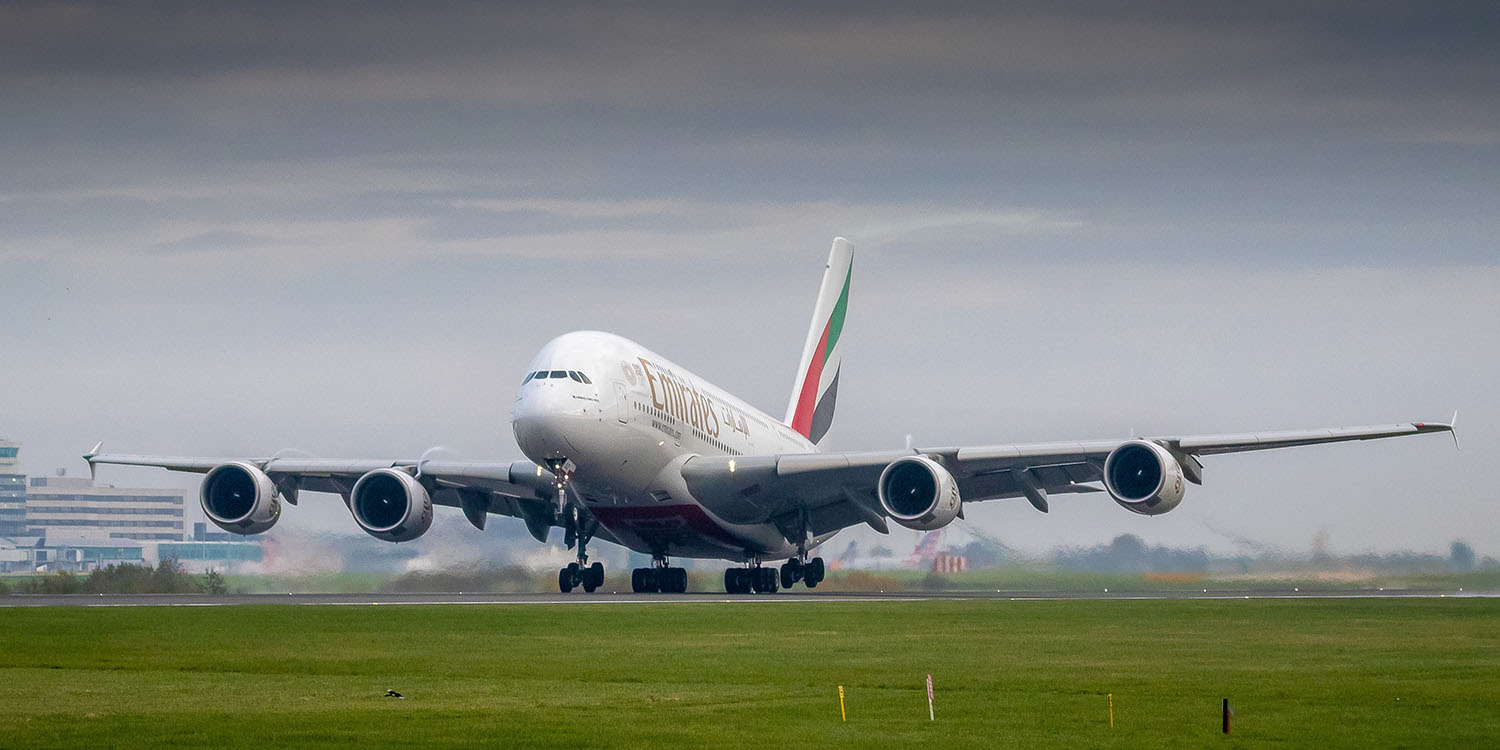
The airline 5G mess – where some planes with older radio altimeters could be confused by strong 5G signals when making their final approach to US airports – still isn’t over.
Airlines were given until July 1 to update their fleets, but some won’t meet this weekend’s deadline for three reasons, and their flights will be subject to delay as a result …
The airline 5G mess
If you’re not familiar with the background, it’s a rather bizarre story of an embarrassing clash between two different government agencies.
As satellite TV is essentially no more, the Federal Communications Commission (FCC) decided it made sense to reallocate these frequencies to something else. As they were suitable for 5G use, it auctioned off the rights to use them to mobile carriers. Verizon and AT&T jointly spent $68M on acquiring the rights to what was then labeled 5G C-band.
Another government agency, the Federal Aviation Administration (FAA), appeared to discover this fact after the event. It said that there was a risk of 5G C-band spectrum interfering with radio altimeters.
Radio altimeters on board airliners and some other aircraft bounce a radio signal off the ground and time the return signal to determine the altitude of the plane. This is much more accurate than pressure-based altimeters, and is used during the final approach and landing. It plays an especially important role in conditions of poor visibility, when autoland is used, which relies on very precise readings from radio altimeters.
The FAA had been voicing concerns about the potential risks of C-band interference since 2015, but it seems that the agency didn’t directly communicate these to the FCC until very late in the day.
The result was a very public and embarrassing argument between the two. It did seem clear that only older radio altimeters were at risk, and there was limited evidence even for these. After a series of proposed delays and compromises, a deal was done.
This imposed temporary 5G C-band restrictions at around 50 major airports, and gave the aviation industry until July 1, 2023, to check their older aircraft, updating radio altimeters as required.
Many airliners won’t meet the deadline
The FAA expressed doubts that airlines would be able to update their entire fleets by July 1, proposing to move the deadline back to February 2024. That proposal was rejected, but it now seems the FAA was right.
The WSJ reports Transportation Secretary Pete Buttigieg admitting that 20% of aircraft used for domestic flights, and 35% of those used for international flights, still haven’t been updated.
With the July 1 deadline now approaching after about 18 months, more than 80% of the domestic fleet and about 65% of international aircraft that fly to the U.S. have radar altimeters that won’t be susceptible to interference from 5G signals, Buttigieg said.
Holdup due to three factors, say airlines
Airlines say that although the retrofit is a simple one in principle, there are three practical issues that have made it impossible to meet the deadline.
First, finding enough aircraft downtime to carry out the work. Planes don’t earn any money when sat on the ground, so airlines schedule them as tightly as possible, so fitting in unexpected hanger time can be tricky.
Second, supply-chain problems. With every noncompliant aircraft that flies in or to the US needing the upgrade, suppliers have struggled to keep up with demand.
Third, certification delays. When new safety-critical equipment is fitted to an airliner, it needs to be certified safe for use, and that too takes time.
Some flight delays inevitable
International airlines say that they are minimizing the risk of delays by ensuring that, wherever possible, only compliant aircraft are used for international flights to the US. For domestic flights, noncompliant aircraft are (again, when possible) being used to serve airports that are less susceptible to poor weather.
However, Buttigieg warns that we should expect some delays in poor weather.
Buttigieg is warning of the potential for air-travel disruption ahead of [the] deadline […] Aircraft that haven’t gone through the necessary equipment changes won’t be cleared to land in certain weather conditions when visibility is low […]
“There’s a real risk of delays or cancellations,” Buttigieg said in an interview. “This represents one of the biggest—probably the biggest—foreseeable problem affecting performance this summer.”
FTC: We use income earning auto affiliate links. More.




Comments